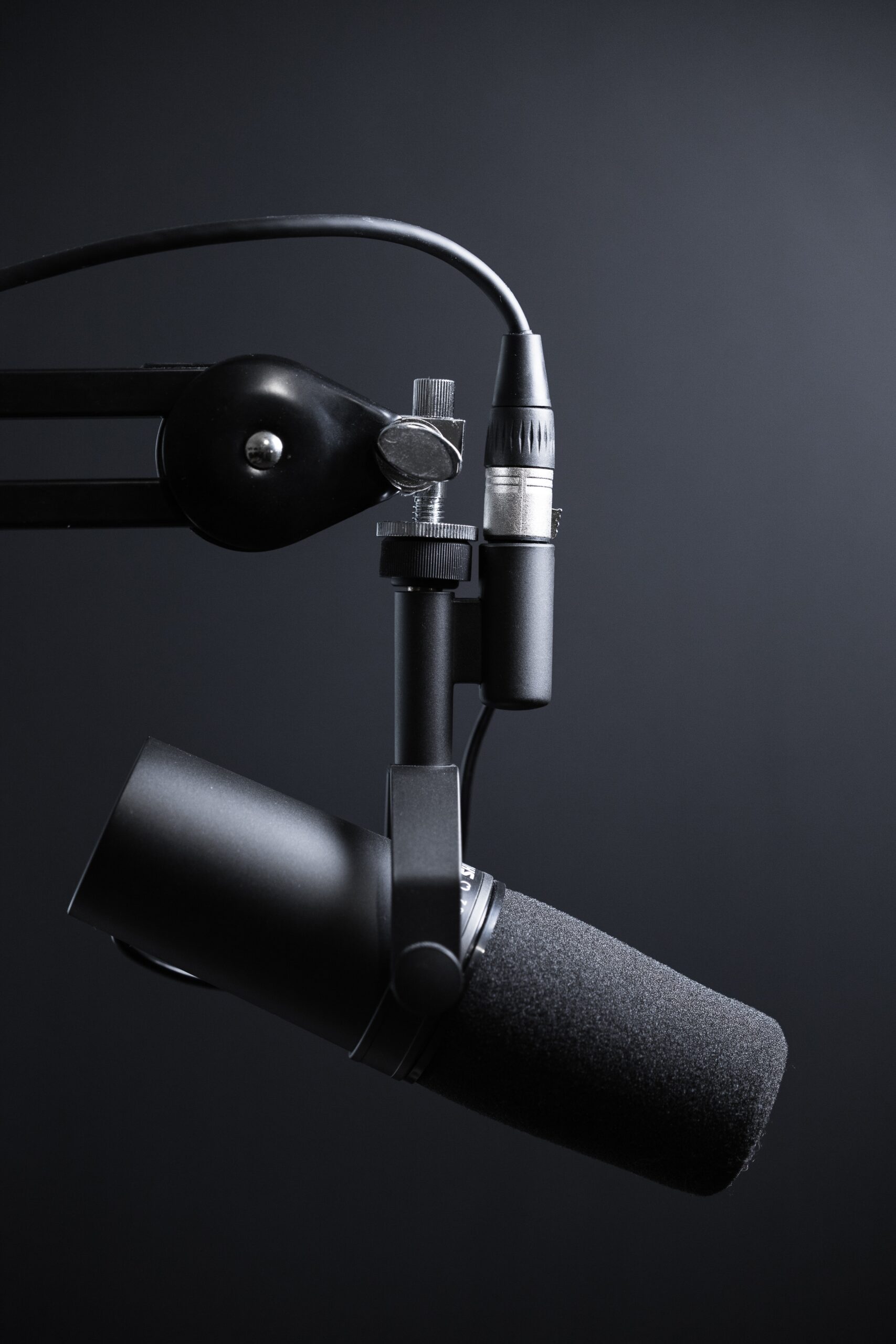Unfamiliar Argument
In Kate Maddalena’s article “I need you to say ‘I’”: Why First Person is Important in College Writing,” she emphasizes why college students should use ‘I’ in their writing. She believes that students should be able to express themselves and voice their opinions on their perception of a topic- of course, that is when it is appropriate and academically sophisticated. Maddalena states, “From my position standing on the earth’s surface in the daytime, I see the sky as blue.” This is an example of a sentence Maddalena believes would hold value in a writing piece. It is much more appropriate than writing, “I think the sky is blue.” Maddalena further goes on to summarize that first-person writing is not as poor as professors make it ought to be because, if used effectively, it can accentuate an individual’s writing. College style of writing is much more complex than high school. Therefore, students should have the ability to be flexible in their writing and not be timid to use ‘I’ if necessary. Maddalena has many great points that I enjoyed reading about, but I still, unfortunately, have difficulty agreeing with her claim. Perhaps it is the way I have been ‘programmed’ to write that I have some set bias on this piece. The term programmed in the last clause is really no exaggeration– like a robot set to do one task, my brain cannot fathom permission to write in first-person. Indeed, this does not mean I cannot write in the first person, as I am doing so now. However, we will come back to this when necessary.
Why I Prefer I-less Writing
Ever since I was taught the formalities of ‘proper’ writing, I have stayed away from the first person, as it is academically incorrect and worsens essays. So, now the idea of using ‘I’ academic writing is baffling, truly. Of course, I must note that not every professor appreciates the use, but some- including Professor Friend encourage students to use the first person. The past two professors I had, Febles and Maguire (both phenomenal) encouraged first-person writing at times. However, since I was unaccustomed to this practice, I refrained from using it unless required, i.e., when the professor asked us to summarize a report and give our perspective. Other than that, it was strictly formal third-person writing. The acceptable “college writing.” So, despite some of the great points Maddalena notes, I cannot say that I am persuaded as to why ‘I’ should be used in academic writing. In writings, such as our blog posts, where we must summarize and tell our peers how we feel about the article we read, I think ‘I’ is suitable. It is not academically or grammatically incorrect to use ‘I’ in these posts because this is the general purpose of blogs. It is an informal style of writing. Contradictorily, I cannot deny that I do not enjoy this form of writing, as it does give us a voice, and I think that helps young writers significantly. It is flexible and does not hold as much rigor as a formal paper. But I still prefer formal I-less writing.
Moreover, I think seeing “I” in formal writing is unaesthetically pleasing. It almost seems childish, I believe– but, of course, this is just an opinion, so some people may think it looks fine. As stated in my previous paragraph, I believe informal writing is not as challenging as a formal paper. I think when professors allow the use of ‘I’ in formal writing, students overuse it, which then reduces the quality of the paper. In our previous Savini reading, we remember her summarizing how we should seek troubles in our writing assignments but engage in the cumbersome challenges to develop as a writer. So, why must we demote ourselves to first-person writing because it is less rigorous? We should not. If you are reading this and feel that, perhaps, I am knocking anyone who enjoys writing informal pieces down, we are just having a minor miscommunication. First-person writing is great for writers to develop and holds the same value as third-person writing. I just do not believe we should use them in formal, academic writing. Both writing styles are great in their own right. I feel I must finalize this paragraph, saying I did enjoy reading this perspective. It is not very common for scholars to believe that first-person writing is fine in formal papers, especially for a college course.
Find Your Voice
It can be difficult to figure out your writing style if you believe that first-person writing will help this cause, but writers can find their style and voice in various forms of writing. In “Find Your Style and Voice” by Sister Heine, she asserts, “However, the mere fact that you wrote your paper or assignment means that it’s already a part of you without having to use ‘I’.” Students should not be afraid to develop their style of writing to find their voice, as their insight on something can be profound. Writing is complex, and finding your best-suited style is likely harder. However, as Heine summarizes, the best way to develop and find your voice is practice. The more you practice and revise your writing, the more you will find what is enjoyable and the ‘ugly.’ We should try to find our voice in many various forms of writing, whether it is a research paper, a class blog, or a formal essay– of course, it will probably be somewhat different in all these writing forms, but if you find it, it should satisfy that uneasy feeling a writer gets when they are unsure if a piece is poorly written or not.





Leave a Reply